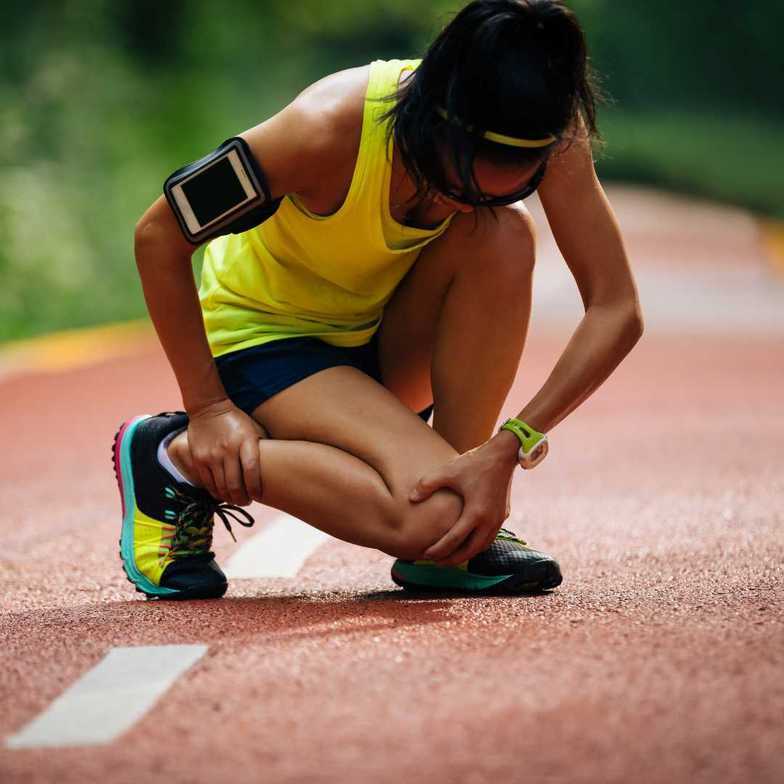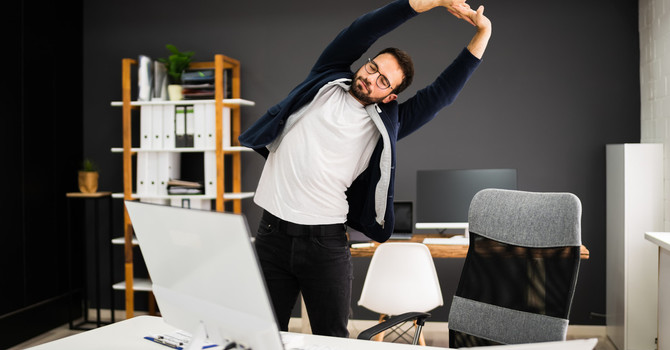
It’s not just a problem that affects elderly people. It can actually affect adults and children of any age.
Usually, knee pain is the result of an injury, such as a torn cartilage or ligament. There is also a range of medical conditions that can cause pain in the knee joint, such as osteoarthritis, rheumatoid arthritis, and gout. In a majority of of knee pain concerns the root cause is based in a biomechanics causing an aggravation to the area.
What is Patellofemoral Pain Syndrome AKA Runner's Knee?
There is also a condition called patellofemoral pain syndrome, which is more common in regular runners or athletes. Hence, it's well known name of Runner's Knee! This condition causes serious pain in the knees due to repeated flexion and extension of the kneecap. It can lead to inflammation, swelling, and can often result in arthritis in the long term if it isn't properly addressed.
Patellofemoral pain syndrome doesn’t just affect people who regularly run. It can impact anybody who participates in regular sports that involve running, jumping, squatting, or even walking.
This is because the more that the knees are used (when you are running or jumping around), the more pressure that is placed through the bones and cartilage in the joint. Eventually, this can lead to misalignment of the joint itself, resulting in symptoms such as grinding, popping, and buckling at the knees.
What Should You Do When You Have Runner's Knee?
The question is how can you overcome knee pain and patellofemoral pain syndrome? The most commonly recommended treatment for this condition is rest and ibuprofen. This can be tough if you love to exercise or if you usually play on a sports team. That's alot of missed practice's and games. However, best practice methods is to try a series of at home exercises for 2-3 days and if isn't getting better to reach out for a consultation.
We have helped many athletes and weekend warriors with their the joint pain and recovery, while they stay active in their sport or exercise routine. We have a huge passion for combining chiropractic adjustments with physical exercise and rehab and will prescribe a series of personalized rehab exercises that meet your needs during your recovery.
Alongside with your personalized plan, you can also have some myofascial release using items like a lacrosse ball, foam roller or Graston therapy.
To schedule a consultation to address your Runner's Knee pain please give us a call 763-432-3932 or schedule a new patient consultation through our website by clicking schedule now

Dr. Greg Beenken
Contact Me


